Lismore City Council votes to bump up number of sharps disposal bins to stop rise in discarded needles
A rise in the use of injected drugs by residents of a northern NSW regional hub – and a spike in the number of dumped needles – has been raised in a council meeting. Here’s what happened.
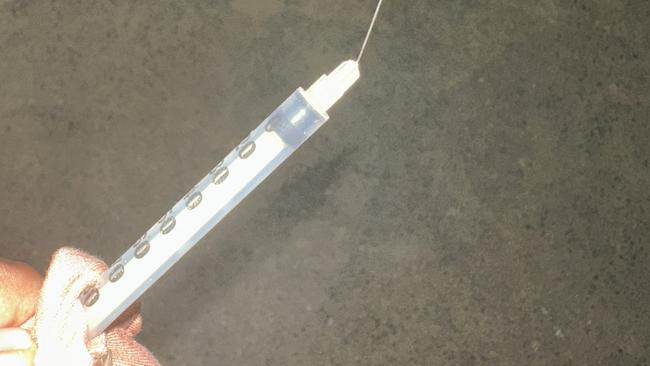
Regional News
Don't miss out on the headlines from Regional News. Followed categories will be added to My News.
A rise in the use of injected drugs by traumatised flood-impacted northern NSW residents has been raised as a concerning issue by one North Coast council.
However, the rate of diabetes and other medical conditions in Lismore has also been mentioned as a factor.
In a motion put forward by councillor Adam Guise for Lismore City Council’s June ordinary meeting, he pushed for the provision of new large sharps disposal bins at three locations in the city as part of the 2024-2025 budget.
Mr Guise said staff at the state Lismore Needle Syringe program (NSP) had noticed an increase in new and returning clients accessing services for clean needles and syringes, and using a sizeable disposal bin on site.
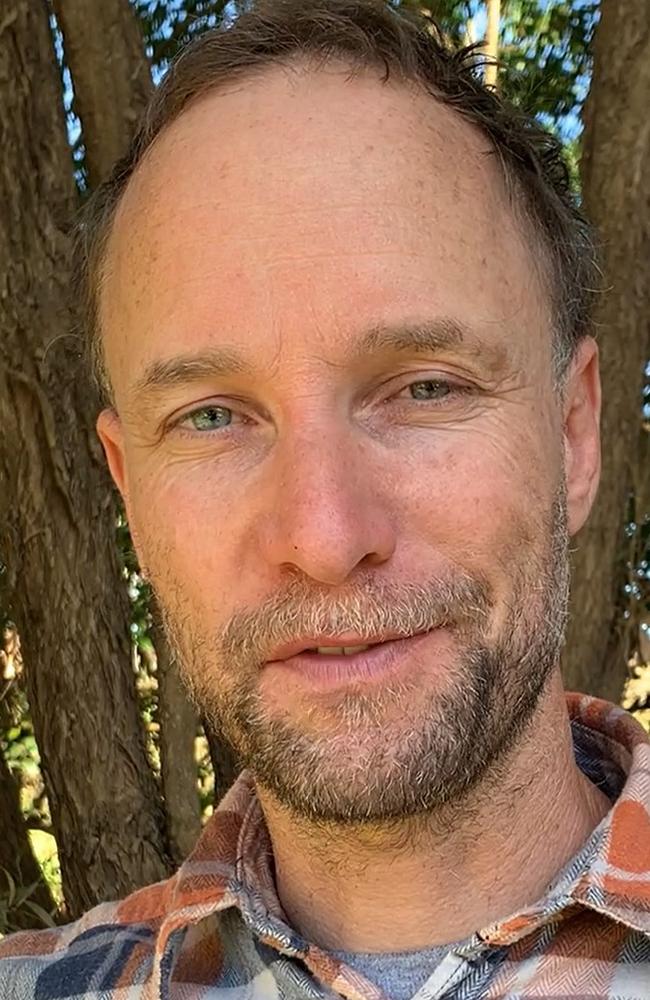
He said: “With a lack of space to safely inject, many people who use drugs are doing so in public places.”
“With a lack of safe disposal spaces, sharps have been found in public and community settings,” Mr Guise said.
It comes after a flurry of complaints relating to overflowing sharps boxes in public toilets and rest rooms. Needles have been found on sports grounds, in public parks and at the Transit Centre in the CBD.
To install the new 240 litre bins would cost $15,000 initially and $10,000 each year to manage disposal and maintenance.
Chief Operating Officer Brendan Logan said he liked the idea, but had some reservations about the proposed locations.
Mr Logan suggested the bins may encourage needle use in public nearby and that preferred locations would be closer to existing sharps disposal options at public health centres.
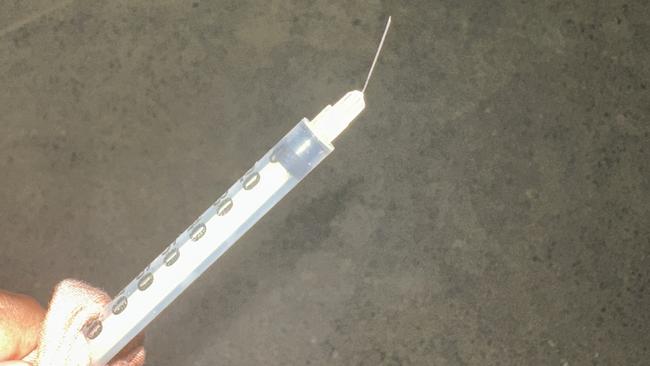
Lismore Needle Syringe Program health education officer Deb Woodbridge told Tuesday’s meeting workers have been trying to reduce the number of needles dumped in public through education and outreach.
She said adding more 240L bins in accessible places in the city would also go a long way to reduce the problem.
It falls to various health-focused organisations and the council to clean up when needles are reported in public.
Lismore has 24-hour sharps bins at Lismore Base Hospital on Uralba St and also at the program harm reduction site on Hunter St.
Some local pharmacies also provide bins for medication, including sharps, and the council offers disposable sharps bins behind doors of public toilets.
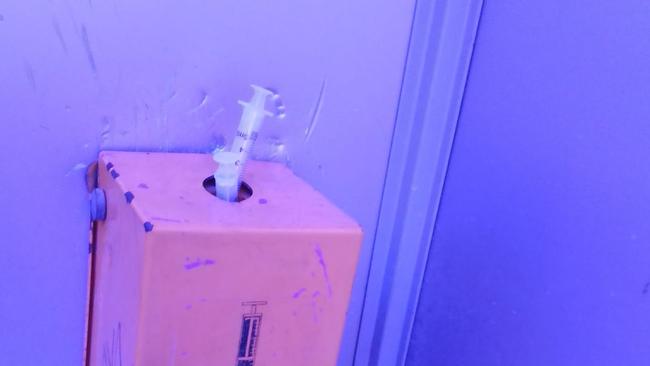
“Those bins are not really adequate for what is being used,” Ms Woodbridge said.
She said the bins “can fit quite a few syringes”, despite the “chute at the top” being “very small”.
“ … but a lot of people use toilet paper for blood work and they stick that in the bin as well because they want to get rid of it and that clogs the bin up.”
There is a 95 per cent return rate at the city’s Needle Syringe Program, but Ms Woodbridge said work continues to make the community a more “safe sharps place”.
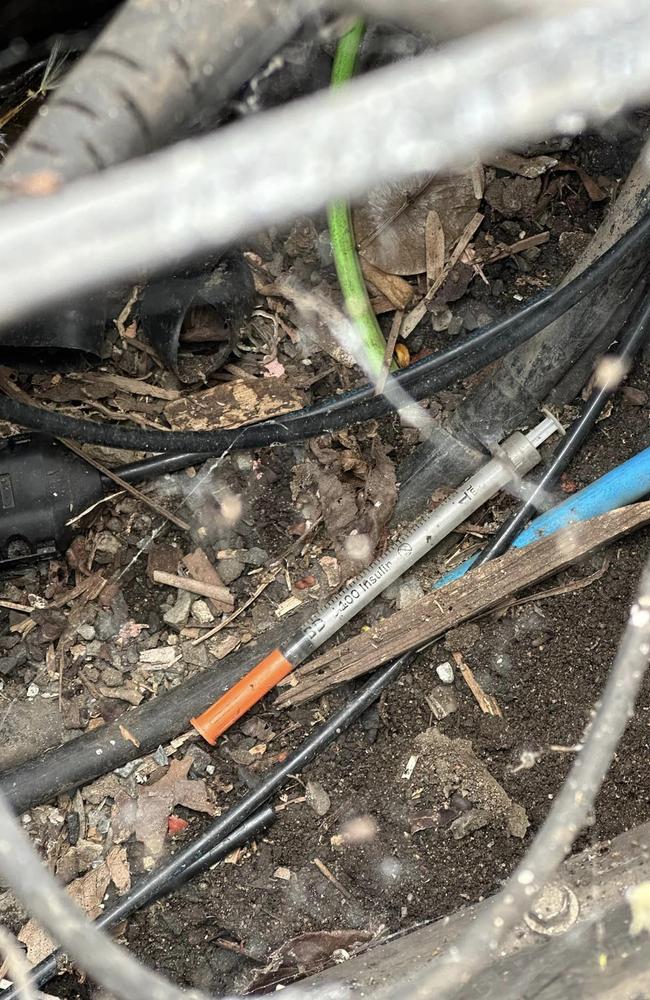
She also pointed out diabetes and other medical conditions, which leads to ”a lot of syringes” being used.
“We have a really high population of diabetics in the region … ,” Ms Woodbridge said.
She said drug use only made up 10 per cent of sharps discarded.
Proposed locations for the bins include Goonellabah Shopping Centre, Lismore Central Shopping Centre, Lismore Transit Centre, Lismore Tourist Information Centre and Lismore Square.
“The Transit Centre is under refurbishment – it would be a really good time to put something like what you’ve got at Nimbin,” Ms Woodbridge said.
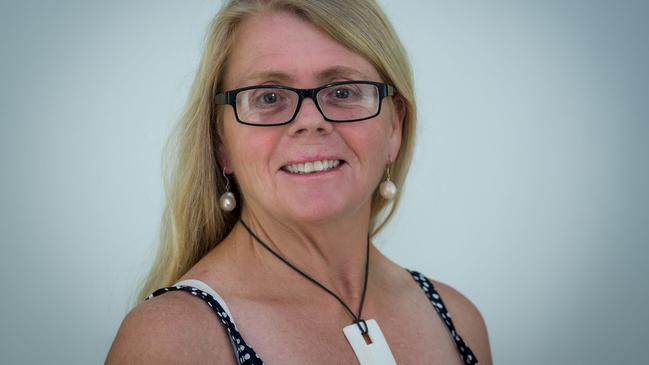
Councillor Electra Jensen queried a redesign of council’s disposal boxes, asking if manufacturers could accommodate toilet paper or increase the size.
“The back of the doors has always been quite a useful area for people to deposit (used syringes),” she said.
Ms Woodbridge said the current design “works really well”, but was open to changes.
Councillor Big Rob raised that a safe injecting room could be located “in the hospital area” – near staff – to address the “big problem” of overflowing bins.
“The sharps containers we have often overflow and people actually re-use those dirty needles because they can’t get them anywhere else sometimes,” he said.
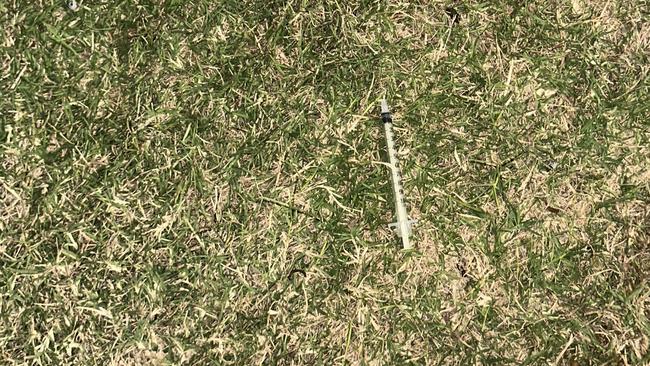
Ms Woodbridge said vendors have been dropping discarded needles in one of the program’s bins and they had to pay for bulk disposal.
Regarding the injection room, she said “personally think it would solve a lot of issues around the safe disposal of sharps and also overdose”.
Mr Rob said drug users were shooting up in parks because it was comfortable and visually appealing, and that those with medical conditions would be safely disposing of needles.
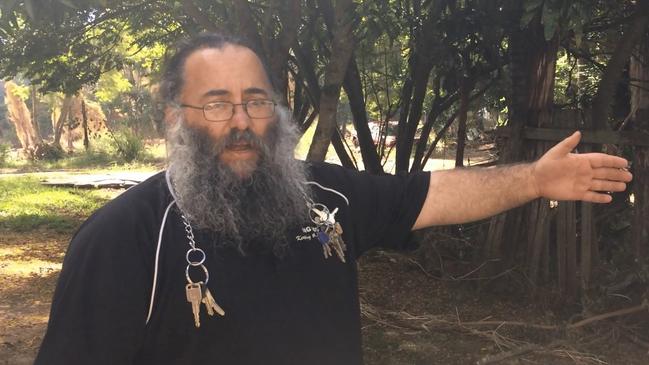
Recently, an educational campaign was launched in the region to stop sharps being placed in recycling bins. Ms Woodbridge said sharps bins and recycling bins both being yellow was another issue that needed attention.
“I think a good start would be to get some actual (sharps) bins out that people can access,” she said.
The motion passed unanimously.
Mr Guise said during the meeting that recent traumatic events imposed on the community have resulted in some turning to drug use.
“We have seen an increase in injectable drug use and sharps disposal unfortunately, that comes with that stress and trauma,” he said.
He said more people were accessing the Needle and Syringe program.
“But these bins aren’t available across our LGA,” Mr Guise said.
He said the cost to the budget was “small” and would come “with great savings in the long run”.
“It protects our community, it’s an investment in our community safety and it leads to opportunities for education and harm minimisation,” Mr Guise said.
To report discarded needles phone the NSW Needle Clean Up Hotline on 1800 633 353.
Got a news tip? Email catherine.piltz@news.com.au




